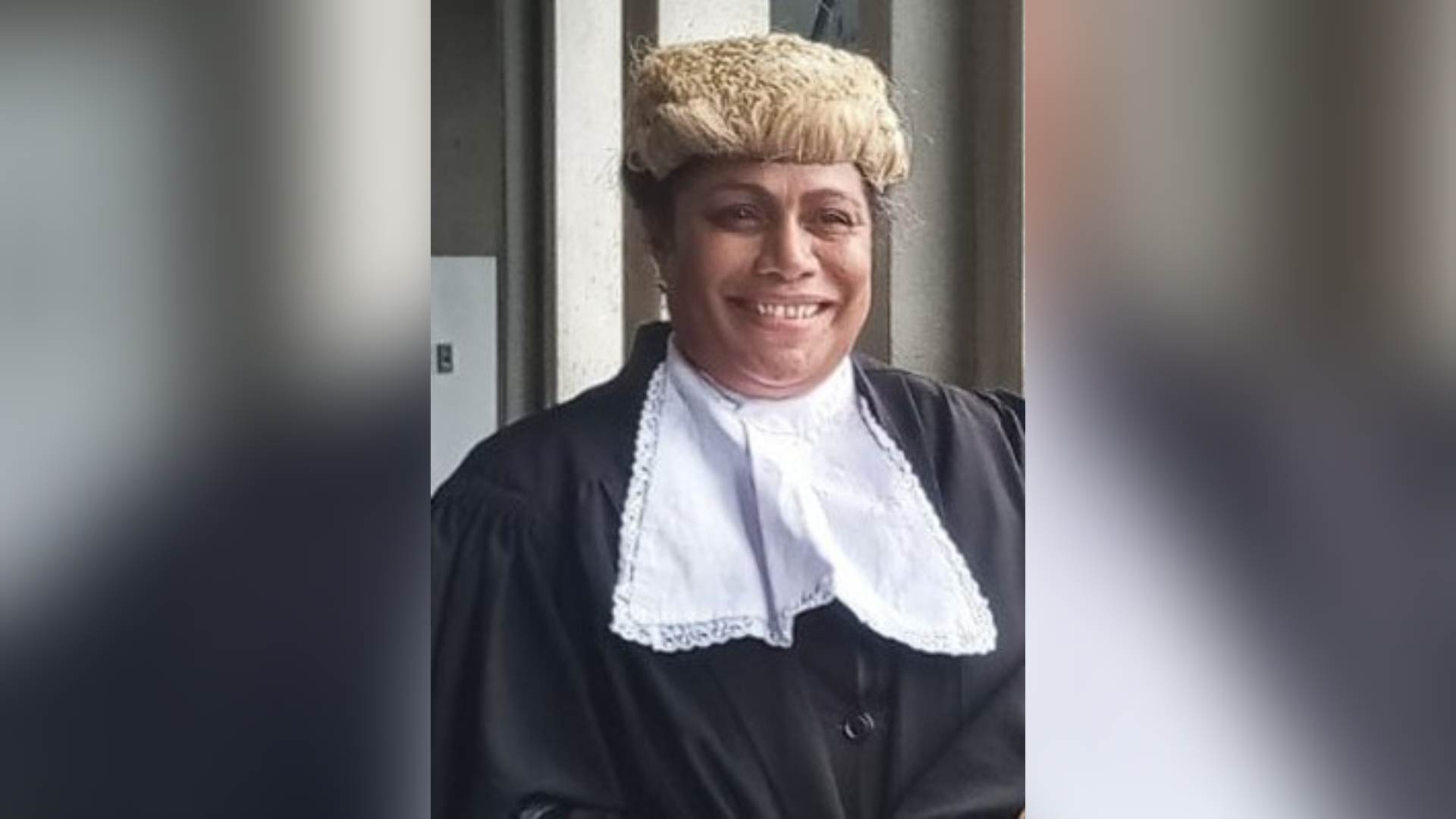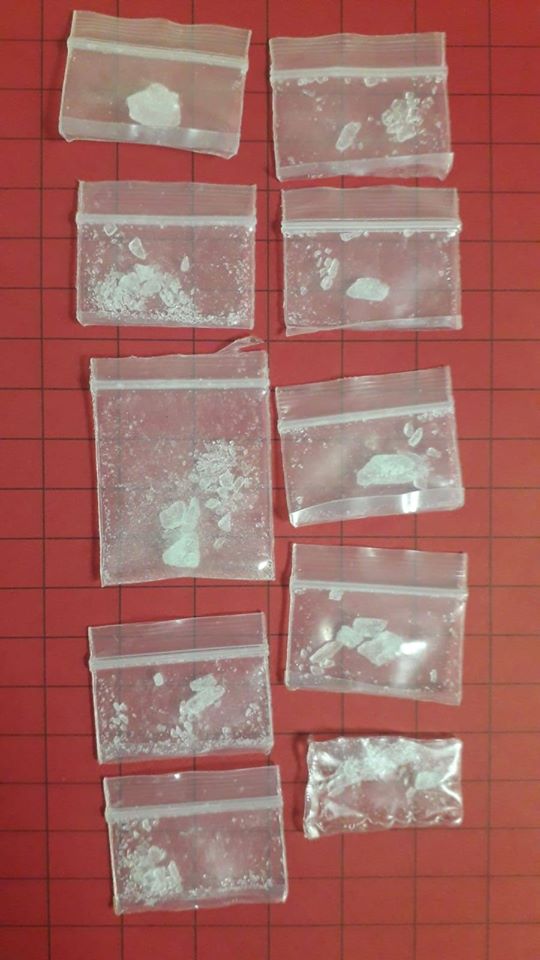The glass ceiling of the judiciary remains unpierced by iTaukei women, claims Suva lawyer Barbara Malimali.
In a Facebook post, she said the list of legal practitioners with valid practising certificates for the period March 1, 2022 to February 28, 2023 — which was available on the judiciary website — showed that about 423 of the 813 listed lawyers in Fiji were women.
“Women make up around 52 per cent of legal practitioners,” she said.
Ms Malimali, who is also an assistant lecturer in law at the University of the South Pacific, said with more females than males graduating from law school, the percentage should increase.
“Given these numbers, why are there no new female appointments to the High Court, Court of Appeal or Supreme Court?
“I did a criminal trial two weeks ago and the Magistrate, the prosecutor, and the two defence counsels were women.
“I suspect there are more women prosecuting and defending cases in the High Court than men, but Fiji does not have an (indigenous) Fijian female criminal High Court judge.”
Ms Malimali said article 134 of the Constitution Amendment Act 1997 — the 1997 Constitution — previously outlined appointment to judicial office as governed by the principles “first, that judges should be of the highest quality and, secondly, that the composition of the judiciary should, as far as practicable, reflect the ethnic and gender balance of the community”.
“This provision is not in the 2013 Constitution. “What is the gender and ethnic composition of the bench?
“Out of the 15 or 16 judges, there are three indigenous male judges, four Fijians of Indian descent, and I believe a judge of Samoan heritage. The rest are of Sri Lankan heritage.”
Ms Malimali said indigenous Fijian women had long been ignored by those in power, despite there being at least 150 iTaukei women lawyers in Fiji.
“About 20 years ago, there were only 20 of us female lawyers, and around 10 were iTaukei.
“Madam Justice Mere Pulea became a judge of the High Court in 2004.
“She has been the only indigenous woman to be appointed as a judge.”
Ms Malimali said from 10 indigenous women about 20 years ago to over 150 today, the barrier remained.
“We cannot pierce the glass ceiling of the judiciary.”






